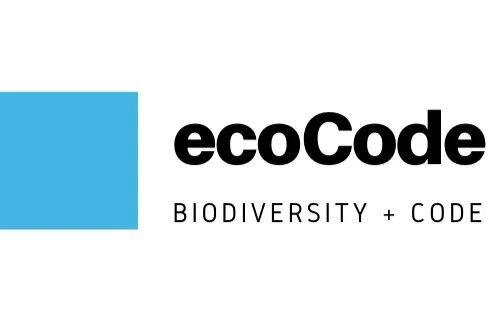
Using Data Science to Understand Complex Patterns and Processes
Forests of the Future
ALTA
Altitudinal Transect across the Americas is our long-term forest dynamics plot network spanning from sea to summit. We are combining measurements of plant diversity, survival, and growth with global databases to understand shifting forest compositions. Our work spans lowland tropical dry forests, tropical rain and cloud forests, and temperate deciduous and evergreen forests.
Trait Variation
Variation is an inherent property of all living systems. We study the statistical behavior of variance across spatial, temporal, and biological scales. Our work combines globally collected trait values and in situ trait sampling campaigns to test major ecological theories related to environmental heterogeneity and climatic variability.
Unusual Soils
The central thesis of plant ecology is that climate drives the world’s diversity gradients. Soils, however, play a large and overlooked role. Using satellite imagery, geospatial data, and botanical records we are discovering how soils and climate interact to give rise to some of the world’s most diverse, strange, and seemingly inhabitable ecosystems.
ecoCode
ecoCode reimagines what the future of data science training will look like by focusing on career pathways and professional development. The three goals of ecoCode are to:
Democratize access to STEM careers
Encourage entrepreneurship
Build community around biodiversity data science
AI for Butterflies
In collaboration with Zooniverse and Microsoft’s AI for Earth, we are using artificial intelligence to extract wing traits from millions of digitized museum specimens. Wing size and color are important for thermoregulation, dispersal ability, and thus responses to land use and climate change. The integration of emerging technology with digitization of museum specimens around the world opens up new and exciting research questions.





